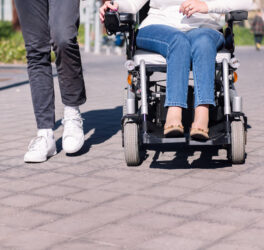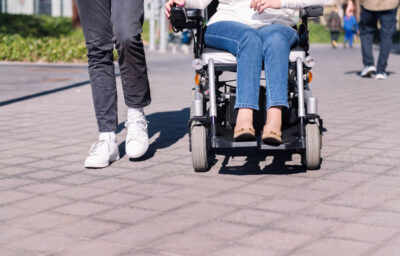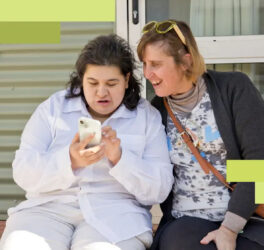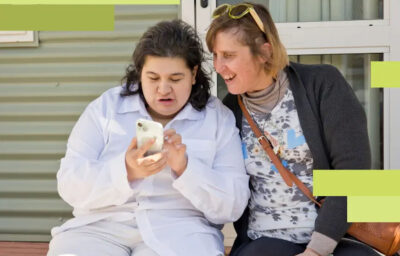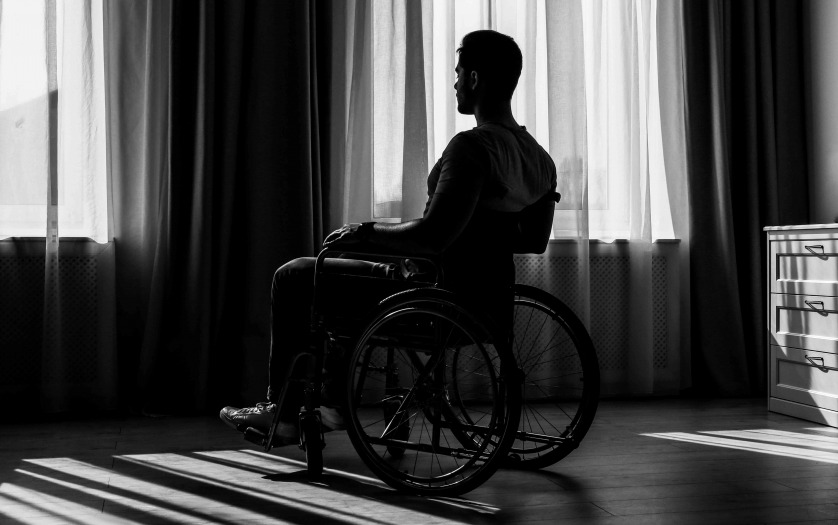
A new report from New Zealand’s Independent Monitoring Mechanism (IMM) highlights the realities and challenges people with disabilities faced during the COVID-19 emergency.
The report, Making Disability Rights Real in a Pandemic, Te Whakatinana i ngā Tika Hauātanga i te wā o te Urutā, examines New Zealand’s adherence to the United Nations Convention on the Rights of Persons with Disabilities (Disability Convention) during the COVID-19 emergency from late March to mid-June 2020. New Zealand’s IMM partners are the Disabled People’s Organisations (DPO) Coalition, the Ombudsman, and the Human Rights Commission (HRC).
At the centre of this report are the stories of disabled people as they lived through this troubling time.
These stories have shown resilience, strength, and commitment. Some stories have been distressing, others demonstrate caring and inventive responses.
The Disability Convention requires signatory governments to protect and promote the rights of disabled people. In particular, Article 11 requires governments to uphold disability rights in situations of risk and emergency, and put in place measures to protect and ensure the safety of disabled people.
Making Disability Rights Real in a Pandemic provides recommendations for future pandemic planning to ensure New Zealand is well equipped to guarantee disabled people’s rights are upheld during future humanitarian emergencies.
While the report tells of some positive experiences, it also notes that the restrictions imposed under various Alert Levels highlighted, and exacerbated, some existing inequities in disabled people’s enjoyment of human rights.
However, there are also instances of greater connectedness, of collegiality, and a sense of more inclusive community.
The report strongly recommends collaboration in decision making with tāngata whaikaha Māori (disabled Māori). The report also makes 23 other recommendations across seven sectors – access to essential goods, services, and spaces; decision making, participation, and data; access to information and communications; education; health; work and employment; and access to justice and disabled people in places of detention.
The COVID-19 report follows the publication of Making Disability Rights Real, Whakatūturu Ngā Tika Hauātanga, the third report of IMM on the adherence to the Disability Convention in New Zealand, in June 2020.

